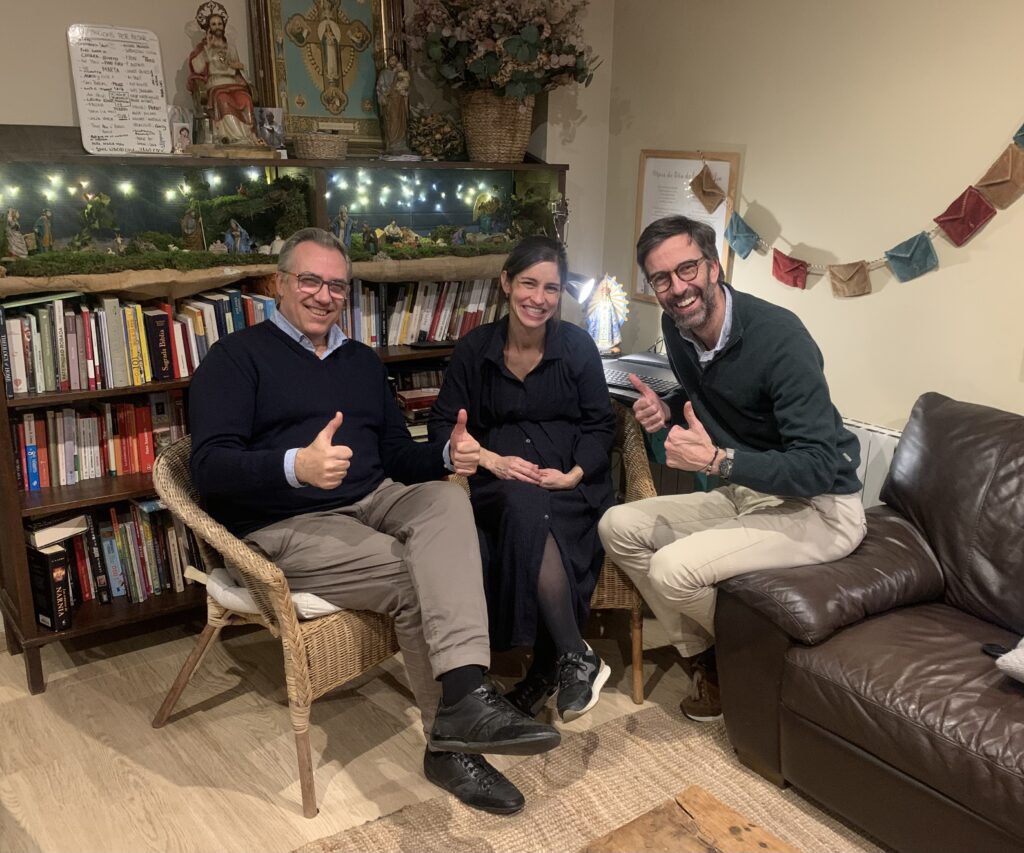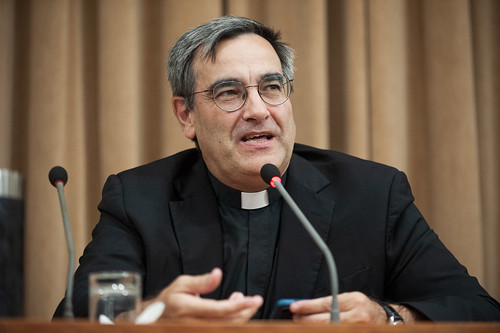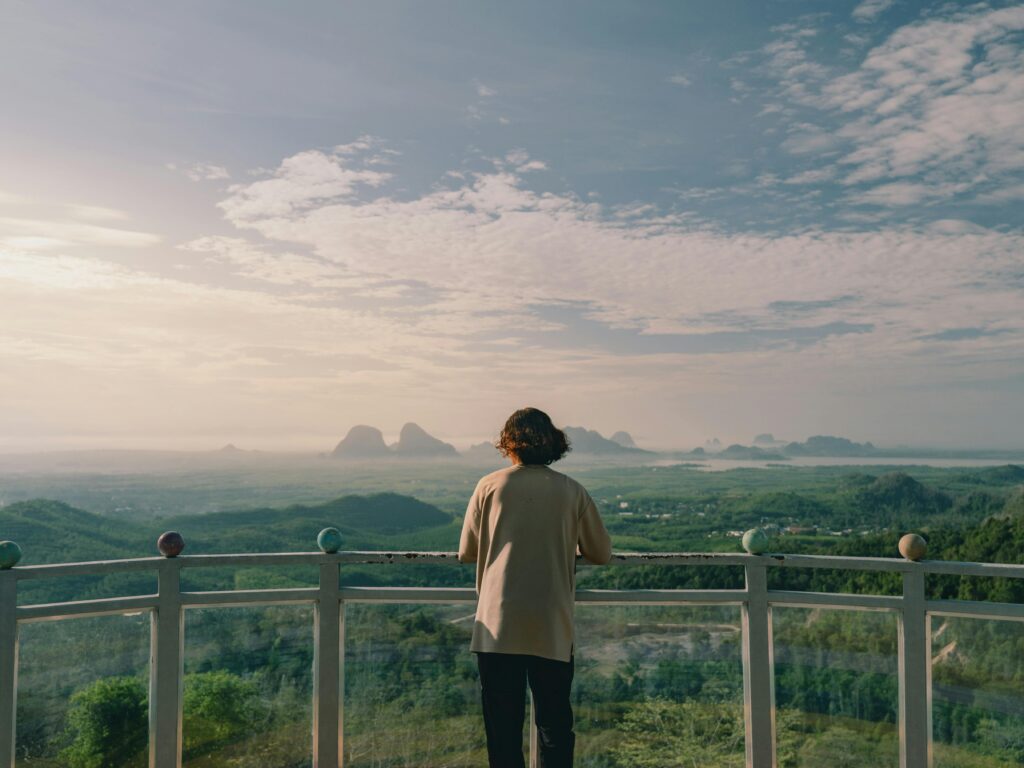The First Shrine of Saint John Paul II in Azerbaijan
Wlodzimierz Redzioch interviews Monsignor Fekete, head of the Apostolic Prefecture in Azerbaijan
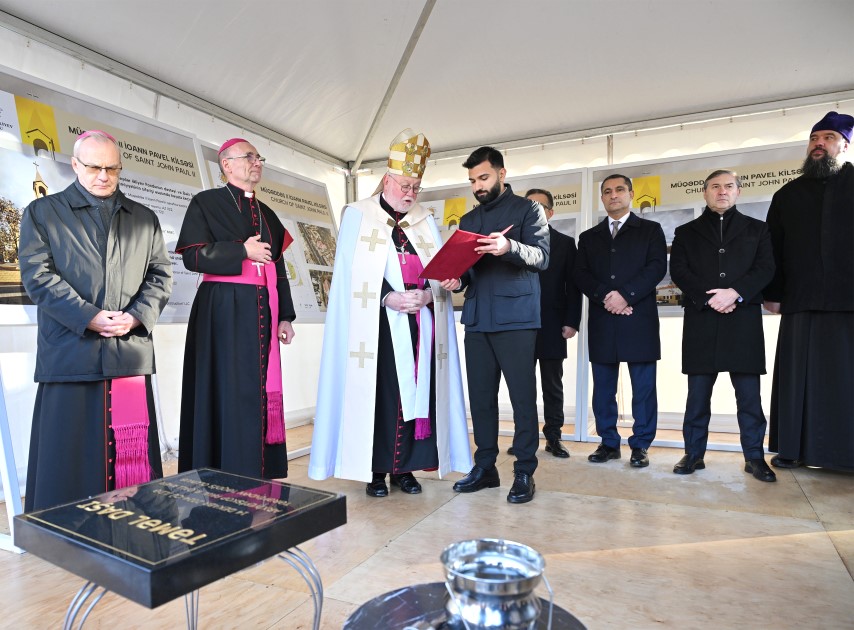
The Republic of Azerbaijan is a state located in the South Caucasus region, on the coast of the Caspian Sea. In 1918, after the collapse of the Russian Empire, the Democratic Republic of Azerbaijan was founded, which could be considered the first democratic Muslim state. Unfortunately, on April 27, 1920, the Red Army conquered the capital Baku, and the country was incorporated into the Soviet Union. On December 5, 1936, the Azerbaijan Soviet Socialist Republic was established. Azerbaijan regained its freedom only in 1991 and declared independence on August 30, 1991, shortly before the collapse of the USSR.
Although almost 90% of the population is Muslim, Islam is not the state religion, and the main political forces are secular. The people of Azerbaijan belong to the Turkic family, speaking languages within the Turkic linguistic family. These peoples live in a vast territory extending from Turkey through the Caucasus and Central Asia to Siberia.
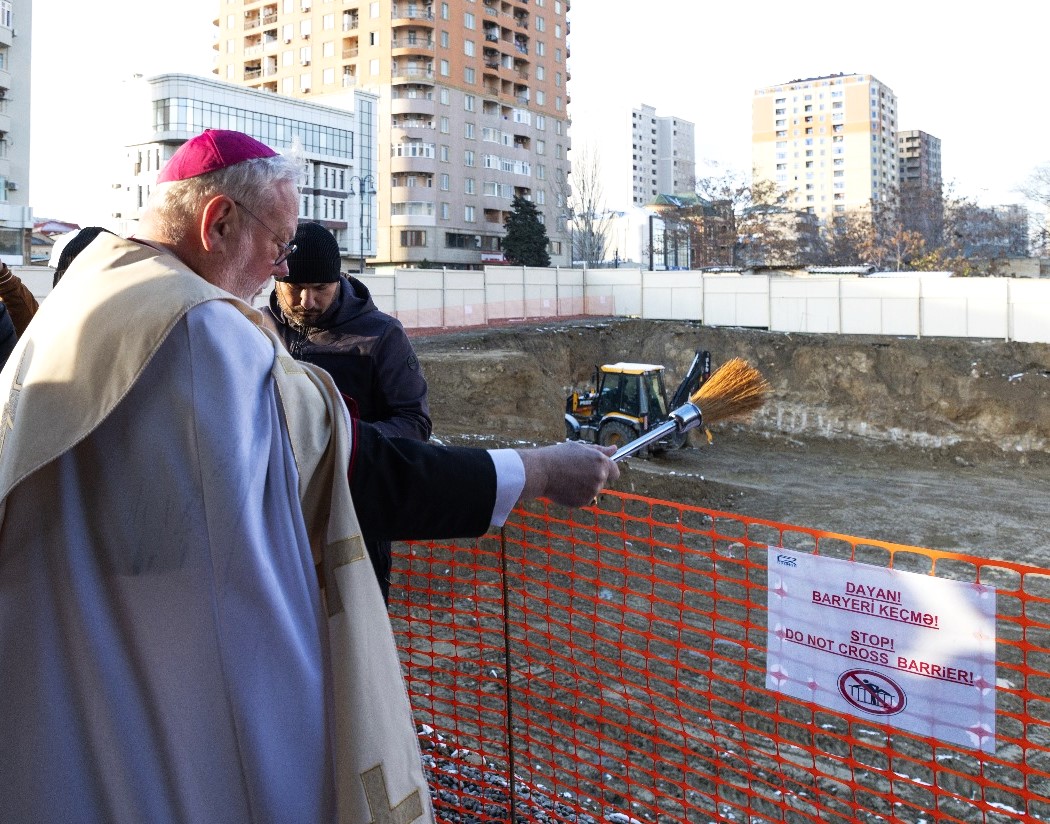 This predominantly Muslim country is also home to followers of Christ: the shepherd of this small Catholic flock is a Slovak Salesian, Monsignor Vladimir Fekete. Born in Bratislava, he entered the Salesian order and was ordained a priest in 1983. He studied theology at the University of Vienna and the Catholic University of Lublin. He was the superior of the Slovak Salesian Province and the novice master in Poprad. His life changed radically when, on November 5, 2009, Benedict XVI appointed him the superior of the mission sui iuris (a self-governing mission unit of the Catholic Church, in areas with few Catholics, mainly in mission countries). In 2011, the Pope elevated the mission to the rank of apostolic prefecture, and Fr. Fekete became its first prefect. In 2017, Pope Francis appointed him a bishop; he was consecrated by Archbishop Paul Gallagher, Secretary for Relations with States.
This predominantly Muslim country is also home to followers of Christ: the shepherd of this small Catholic flock is a Slovak Salesian, Monsignor Vladimir Fekete. Born in Bratislava, he entered the Salesian order and was ordained a priest in 1983. He studied theology at the University of Vienna and the Catholic University of Lublin. He was the superior of the Slovak Salesian Province and the novice master in Poprad. His life changed radically when, on November 5, 2009, Benedict XVI appointed him the superior of the mission sui iuris (a self-governing mission unit of the Catholic Church, in areas with few Catholics, mainly in mission countries). In 2011, the Pope elevated the mission to the rank of apostolic prefecture, and Fr. Fekete became its first prefect. In 2017, Pope Francis appointed him a bishop; he was consecrated by Archbishop Paul Gallagher, Secretary for Relations with States.
It was Archbishop Gallagher who arrived in Baku on December 13 this year for a four-day visit during which he blessed the area and the foundation stone for the construction of a new temple, which will be the first shrine of Saint John Paul II in this Muslim country in the Caucasus. I spoke with Monsignor Vladimir Fekete about this event.
Your Excellency, you are the shepherd of the Catholics in Azerbaijan. Who are the Catholics in this country, and how many are there?
We do not know the exact number of Catholics. There are two main groups: local Catholics who survived Bolshevik persecution (the last priest was killed in 1930). When we started our mission here in 2000, we still found some elderly baptized women. In the 24 years of the mission, we have baptized about 400 local people. The larger group of Catholics, numbering a few thousand, are foreigners residing in Azerbaijan for work. A few hundred of them attend Mass in English. We have only two parishes in the entire country.
What facilities are available to you?
The facilities of the prefecture are very limited. In 2000, we took a house where the Salesian community lived, catechism was conducted, and the first Masses were celebrated. Currently, the main church is the Cathedral of the Immaculate Conception, built on land given to us by the state president, Heydar Aliyev, after John Paul II’s visit to Azerbaijan in 2002. The first house became the second parish, dedicated to Saint John Paul II, and also the prefect’s residence. Besides the Salesians, the Sisters of Mother Teresa work here, who have a house for the sick and dying (like a hospice); the Salesian Sisters, Daughters of Mary Help of Christians, have also arrived.
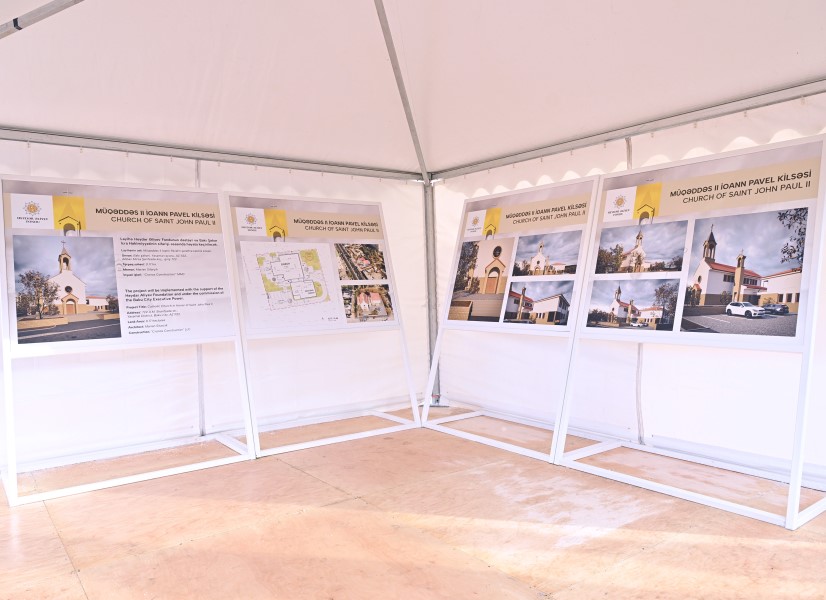 Christian minorities in Muslim countries often face religious intolerance. What is the situation in Azerbaijan?
Christian minorities in Muslim countries often face religious intolerance. What is the situation in Azerbaijan?
The situation in Azerbaijan is very different from countries like Iran or Pakistan. It is a country where the Constitution guarantees secularism, and every citizen can choose their religion. The government promotes religious tolerance. Catholicism, along with Islam, Orthodoxy, and Judaism, is considered a traditional religion of the country. This greatly aids our work: we can catechize and help people who want to become Catholics. Religious tolerance means we have many refugees, persecuted Christians from Pakistan.
John Paul II was the first Pope in history to visit Azerbaijan in 2002. How is the Pope and his historic two-day visit (May 22-23) remembered?
I always remember those unforgettable days. In 2002, there were only three priests in Azerbaijan. As the provincial superior, I came to support them. It was a historic event that sparked great interest, not only from the president but also from the people, because a historical and charismatic figure like John Paul II was coming to the country. We could not host the Holy Father in our house, so the Pope stayed in a hotel. He celebrated Mass in a stadium for 5,000 people: only three hundred, maybe four hundred, were Catholics, the rest were Orthodox or Muslims curious to see the Bishop of Rome. John Paul II already had health and mobility problems, but even this visit of the suffering Pope bore fruit: the president decided to give us land to build a church, the first new church in this country, and the first interreligious meeting was organized, which has become traditional.
You recently hosted Archbishop Gallagher. What was the purpose of the visit of the Vatican’s “foreign minister”?
After three years of searching for land to build a new church, with the help of the Aliyev Foundation, we found a suitable place. I invited Archbishop Gallagher to bless the land and the first stone of the church, which will be dedicated to Saint John Paul II. Archbishop Gallagher performed this rite last Saturday, December 14. We hope to begin construction next year. Naturally, Archbishop Gallagher, as the Vatican’s foreign minister, had official meetings, starting with the president and the foreign minister. I would like to add that Monsignor Marek Solczynski, Apostolic Nuncio in Ankara, who represents the Holy See also in Azerbaijan and Turkmenistan, and Monsignor Pawel Obiedzinski from the Secretariat of State, were present in Baku.
What is the significance of a shrine dedicated to a saintly Pope, John Paul II, in Azerbaijan?
During the communist period, all religious buildings in the country were destroyed. After the fall of the USSR, 2,000 mosques, 7 Orthodox churches, and 4 synagogues were built. For now, we had only one church. Now there will be another church, which will be the second parish in Baku, and we decided to dedicate it to Saint John Paul II, who is highly esteemed in Azerbaijan and whom we Catholics consider our special protector in heaven. It will be a memorial built in a popular area, on the central street of the district. It will serve the Catholics in the northern part of Baku and as a spiritual oasis for the city.
Related
 (EN)
(EN)
 (ES)
(ES)
 (IT)
(IT)


